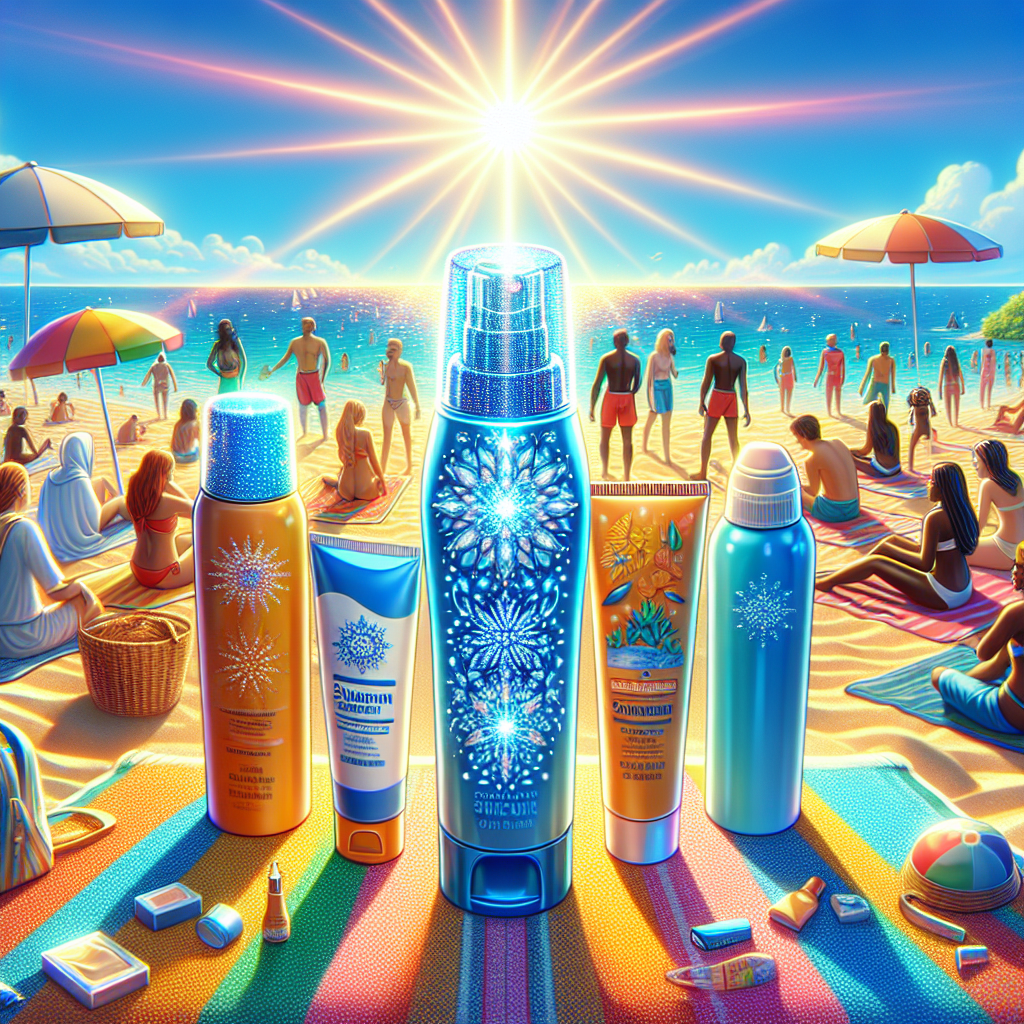Sunscreen Myths: How Social Media Fuels Health Misconceptions
Social media influencers are spreading misinformation about sunscreens, leading many to abandon them. This trend is fueled by platforms that amplify emotional content, often prioritizing engagement over scientific accuracy. As a result, health misinformation thrives, impacting public perceptions and choices around sun protection.

- Country:
- United Kingdom
Sunscreen myths are on the rise, fueled by social media influencers who question its safety and effectiveness. On a sunny afternoon, a video surfaced of a young woman discarding her sunscreen, declaring distrust for the product. The clip went viral, gaining over half a million views.
Platforms like these prioritize emotional and dramatic content over scientific accuracy, making health misinformation spread rapidly. Some dermatologists report an increase in sunburn cases as people stop using sunscreen, misled by online claims. This highlights the broader issue of digital platforms as unregulated public health spaces.
Algorithms favor engagement-focused content, rewarding sensational stories. Videos tossing products, like sunscreens, into bins are repeatedly replicated for higher visibility and reach. The challenge lies in combating misinformation while understanding the systems promoting them. It's essential to address how digital cultures profit from misinformation, often at the expense of public health.
(With inputs from agencies.)










